
Paul Otellini isn't enough -- fire Intel's board of directors, too
Two days ago, Paul Otellini resigned his position as CEO of Intel. Analysts and pundits weigh-in on the matter, generally attributing Otellini’s failure to Intel’s late and flawed effort to gain traction in the mobile processor space. While I tend to agree with this assessment, it doesn’t go far enough to explain Otellini’s fall, which is not only his fault but also the fault of Intel’s board of directors. Yes, Otellini was forced out by the board, but the better action would have been for the board to have fired itself, too.
If there was a single event that triggered this end to Otellini’s tenure at Intel I’m guessing it is Apple’s decision to abandon Intel chips for its desktop computers. There has been no such announcement but Apple has sent signals to the market and the company doesn’t send signals for fun. The question isn’t if Apple will drop Intel but when and the way product design changes are made the when is not this Christmas but next.
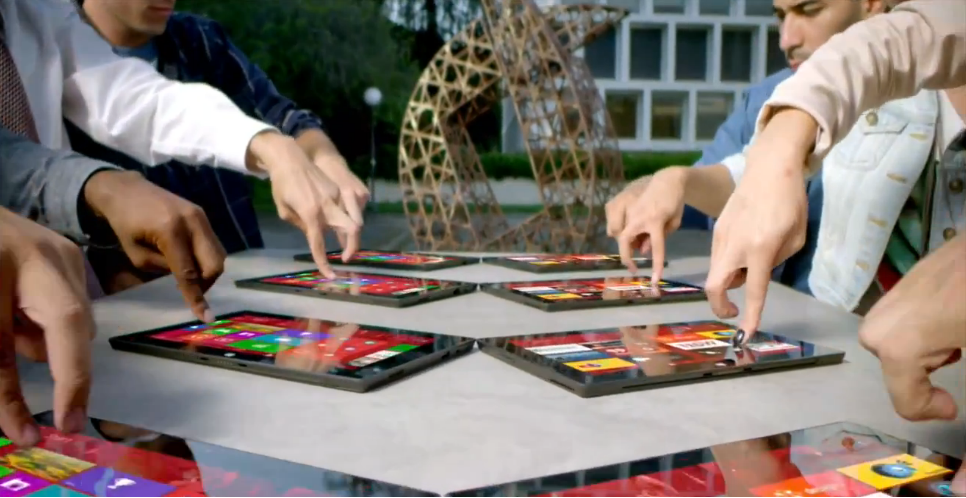
Microsoft, ditch OEM knuckleheads and make more hardware like Surface
Dell earnings announcement set off some concerns that the PC industry may not recover and as a result some are predicting Windows 8 sales may not be quite satisfying to Microsoft. Could the software giant have seen this coming a mile away?
A mobile future means that traditional PC hardware like laptops and ultrabooks will yield sales to a new generation of PC form factors like hybrids and tablets that are highly mobile, yet just as capable as laptops and ultrabooks, tablets like the Surface. Microsoft knew mobile was the future and prepped for it, here’s why.
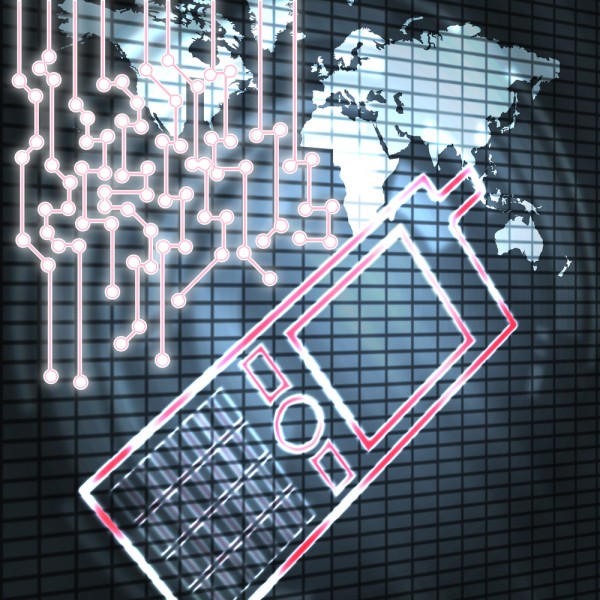
What the world's poorer nations can teach YOU about technology
In the last few weeks we’ve been bombarded with a series of really important new hardware or software announcements. Take your pick: iPad mini, Nexus 4 and Surface among many, many, many more. Commentary is relentless from so-called official pundits and overly excited users --what in the days of paper would have deforested an area of the planet the size of Brazil.
You know what? None of it really matters. For all the noise about what these multi-billion dollar companies make, none of them has produced anything really new. We’ve seen no paradigm shifts. No Big Ideas. Nothing that will really change our lives in any way at all. It’s all been like putting racing wheels on the family car. Looks great, but doesn’t actually achieve anything real. Absolutely, our daily lives in the West have changed in extraordinary ways by this technology as compared to, say, 1990. But not 2012. Has the tide reached its high point? Does IT innovation really matter any more?
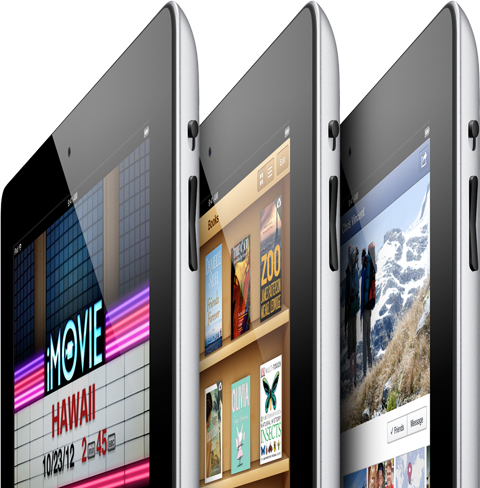
Apple iPad 4 review
I’ve been thinking about getting a new tablet for a while. Although there’s nothing physically wrong with my iPad 2, I’ve been itching for a bit of new tech in my life and there are some truly excellent choices available this year, including the newer "new" iPad, the iPad mini, Microsoft Surface, and the Google Nexus 7 and Nexus 10. All of which are definitely worth considering.
A friend let me borrow his Nexus 7 for a week, during which time I realized a small tablet was not for me, so that also ruled out the iPad mini. The Nexus 10 looked appealing, and so was on my shortlist. Microsoft Surface I discounted because even though I now use Windows 8 daily, I still don’t really like it and the current lack of great apps for Surface is a bit of a deal breaker. Maybe in the future…
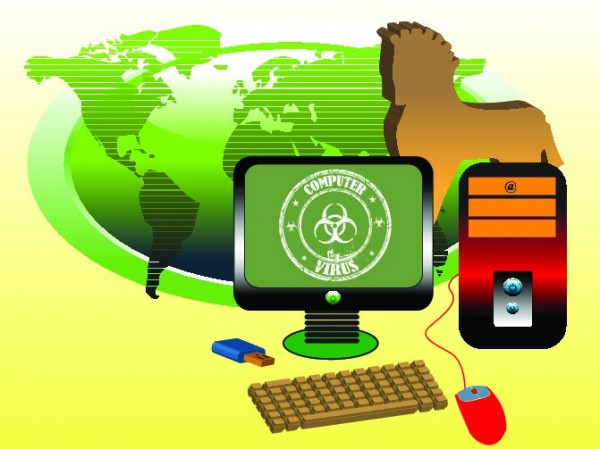
Symantec predicts security 2013
Symantec asked hundreds of its experts for their thoughts and opinions on what the biggest security threats will be next year -- assuming we all survive the Mayan apocalypse on December 21, of course -- and boiled down the results into five predictions.
The first threat to make the list is cyber-conflict, which Symantec sees becoming the norm. "Conflicts between nations, organizations, and individuals will play a key role in the cyber world", it says, envisioning a lot of sabre rattling, and countries and hacktivist groups using cyber-tactics to make a point and "send a message".

The post-PC era already is over
That was fast, if it ever was. Don't blink or the so-called PC era will pass you by. For years, I've called it the cloud-connected device era because of the deeper meaning: Context. But more appropriately, the new epoch is contextual computing, which really extends a transition underway since the World Wide Web opened to the masses about 20 years ago. During the two earlier computing eras, mainframes and PCs, location defined the user. During the contextual computing era, the user defines location. If you listen to analysts obsessed with selling services to enterprises or companies like Apple, post-PC is all about devices. It's anything but.
Context is everything today. I started writing about the concept circa 2004, borrowing from my boss of the day -- Michael Gartenberg. The concept is simple: People are satisfied with what they've got on hand. In context of the airport, a hand-held game console is good enough, while at home the person prefers Xbox and big-screen PC. But because of the cloud connected to an increasing number of mobile devices, context is a much bigger, broader and badder technology trend.
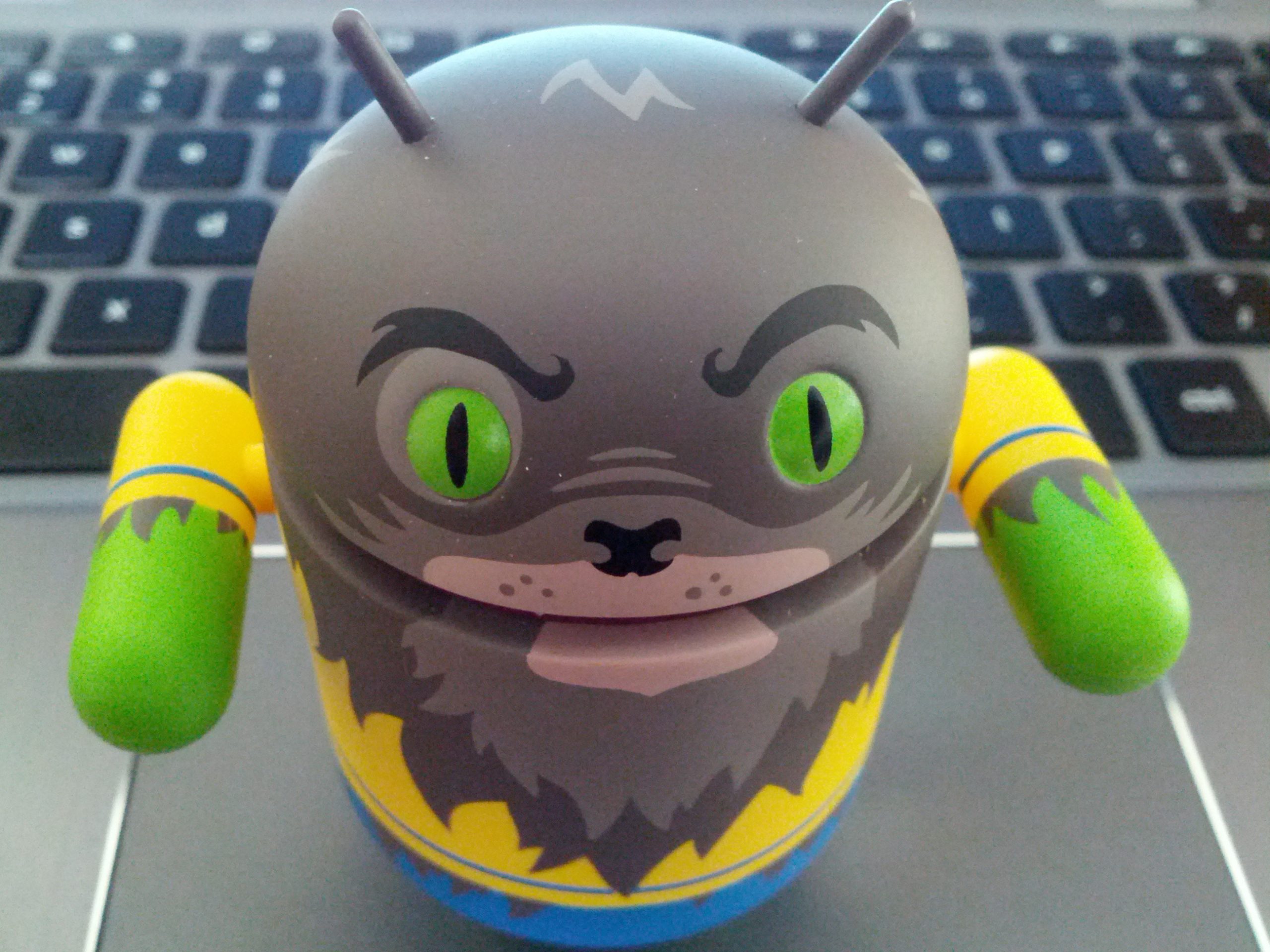
Here's what I wrote about Android on its big day four years ago
Searching through my old Microsoft Watch posts for one thing, I found another -- my Sept. 23, 2008 news analysis "How Android hurts Microsoft". I wanted to find some of my past posts about contextual computing, and you can read more about that soon. For today, this story uses the lens of the past to look at the present.
I take lots of flake from commenters, whether directly on posts or blogged by others elsewhere, about my stories. Many accuse me of idiot perspective and being clueless. But often my seemingly brash analyses at the time, peering into future implications, are generally right. If you look at the totality of my writing, there is consistency of thinking that rightly anticipates trends. Abrasive writing style, provocative headlines and forceful argument puts off some people, especially those who don't like change or embracing new ideas. Occasionally I write seemingly contradictory perspectives, trying to look a things dimensionally rather than flatly. The Microsoft Watch post is one example of many that demonstrates what I mean.

Meet Android 4.2
Yesterday, when reporting about Nexus 7 32GB showing up on Office Depot shelves, I asked: "Why wait?" Google may have cancelled today's Android event because of Hurricane Sandy, but there are many good reasons to announce anyway -- and stealing thunder from Windows Phone 8's launch is one of them.
Google went ahead, today announcing the long rumored Nexus 4 smartphone, Nexus 10 tablet and Android 4.2. It's no Key Lime Pie but more Jelly Bean. Make no mistake, despite the point-one update and nomenclature, this is a big upgrade.

Google announces its iPad rival, the Nexus 10
Just in case you were thinking it was all about the iPad mini and Surface tablets at the moment, along comes Google with a new Nexus range. The company had planned to make a big announcement in New York today, stealing some of the thunder from Microsoft’s Windows Phone 8 launch, but Hurricane Sandy decided to put the kibosh on that (how ironic), so instead the search giant has had to make do with a blog post instead.
There are actually three Nexus devices being announced today, the Nexus 4 smartphone, the new Nexus 7 tablet (which my colleague Joe Wilcox talked about here) and the bigger Nexus 10 -- Google’s 10.1-inch answer to the Apple iPad.

Windows is doomed
Napier & Son was the most successful British manufacturer of aircraft engines in the 1920s and 30s with their 12-cylinder Napier Lion powering 163 different types of aircraft between 1918 and 1935. Over that 17 year period the Lion grew from 450 to 1350 horsepower and was, for awhile, the most powerful aircraft, boat and car engine in the world, holding world speed records in all three venues at the same time. And then the Napier Lion was suddenly gone -- a lesson from which Microsoft CEO Steve Ballmer could benefit if he and his company don’t repeat it.
Napier perfected the Lion engine over those 17 years, improving it in every way until it was the best and most efficient engine of its class in the world. Then, seemingly overnight, the class changed as air forces and record setters alike suddenly needed more than the 1,350 horsepower a finely-tuned Lion could deliver. Napier’s Lion gave way to Rolls-Royce’s larger and innately more powerful Merlin and Griffon engines and Napier, for all intents and purposes, was gone.
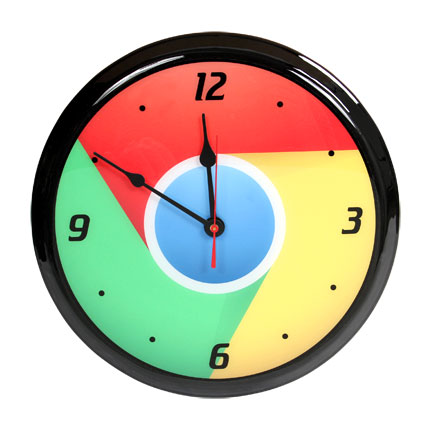
Get your Google back in Windows 8
If you’re the proud possessor of a copy of Windows 8, or you rushed out today to buy a brand new touchscreen device with it pre-installed, the first thing you’re going to need to do is configure it to suit your needs, and install all of your favorite software.
You’ll probably want to make installing a better browser a priority (no offense Microsoft) and Google has designed a version of Chrome especially for the new OS, with some customizations for touch screens, including larger buttons and the ability to keep the browser open next to other apps.
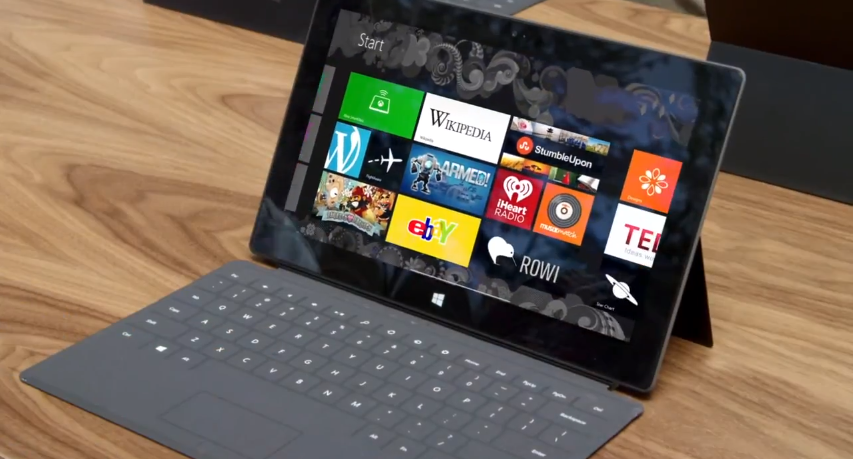
Microsoft Surface gets mixed early reviews
The first Microsoft Surface reviews are beginning to surface and they’re a mixed bag to say the least. Since all my money is going towards a new 4th gen iPad, and Microsoft is happy to send me a copy of Windows 8, but not a Surface tablet (sorry, Surface PC), I can’t give you my own insightful opinion on the device, but I can tell you what the early reviewers are saying.
And that early feedback is good (mostly) but far from being universally glowing. Pretty much all of the reviews point out the one thing we knew was going to be a problem: that there just aren’t anywhere near enough apps at the moment. But there are other issues that we didn't know about, such as that it soon gets very heavy, the cameras are poor, and it can be sluggish at times. Here’s just a selection of what those early reviewers are saying:

Half of Apple devices already run iOS 6
Today, during a special media event, Apple CEO Tim Cook revealed that 200 million devices already have iOS 6. That works out to half cumulative shipments -- 400 million. The company may update that number during its quarterly earnings call in two days.
The number starkly contrasts with Android, where just 1.8 percent of devices are on newest version Jelly Bean. The difference demonstrates the extent of operating system fragmentation of one versus the other. Uniformity offers many advantages to developers and customers using their apps. Consider this: Jelly Bean released in mid-July, iOS 6 last month. So Apple reaches considerably more users with its newest OS than does Google. There is no comparison.
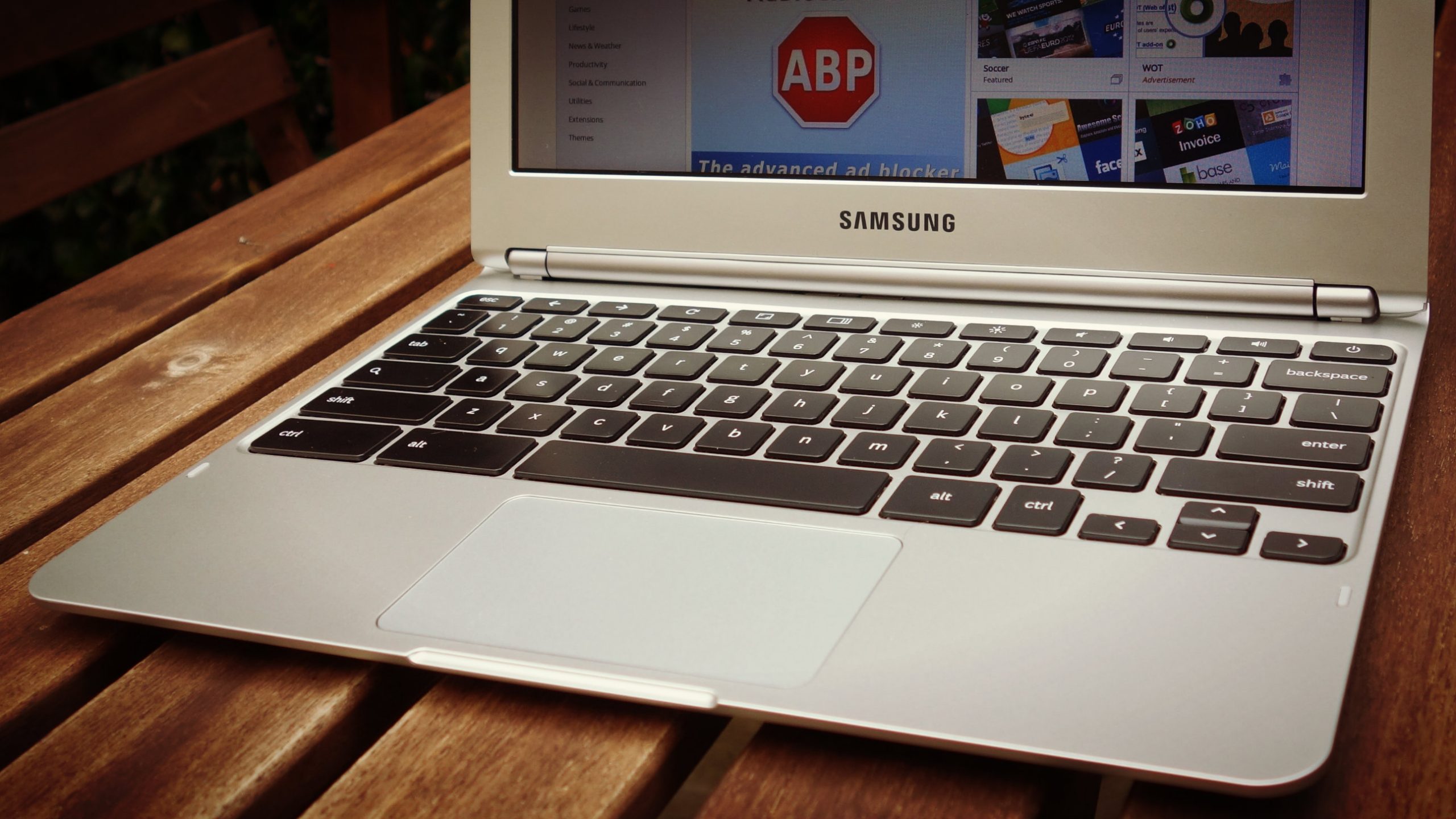
Chromebook sells out
Somebody believes Google's marketing claim that the $249 Chromebook is "for everyone". Just five hours ago, I reported the device's availability. It's not anymore. A spokesperson confirmed this evening that Google Play sold out of the portable during its first few hours of availability "with more stock coming soon".
Google introduced the new Chromebook, which uses ARM processor rather than x86 processor, on October 18, with pre-orders starting same day. What's different today: Google selling the portable direct from the Play store, alongside Galaxy Nexus and Nexus 7. Samsung manufactures the portable, which shape, 11.6-inch screen and overall size resembles Apple's MacBook Air. But Google makes a value push, by selling a computer with similar benefits for one-quarter the price.
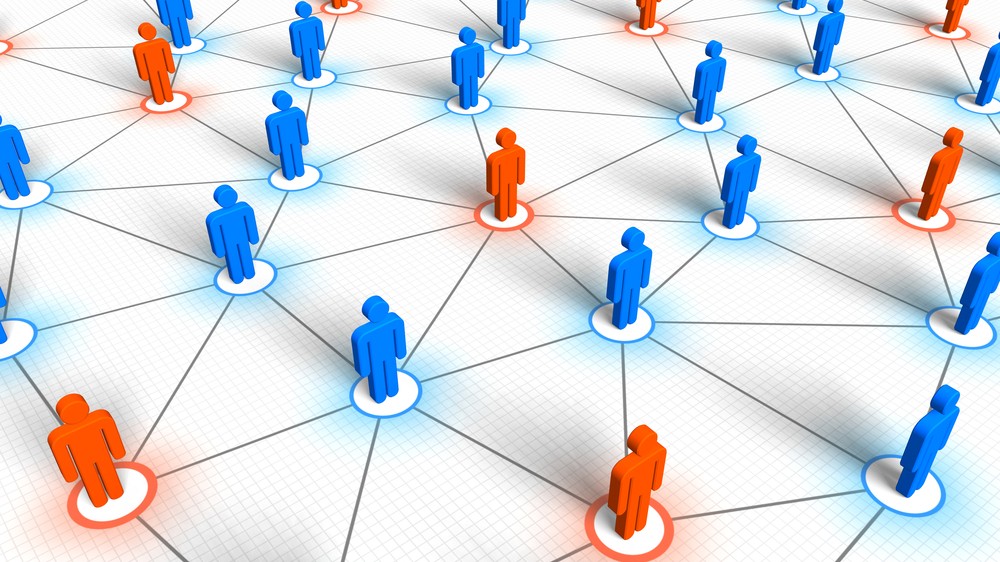
Highlight app and the 'it's too radical to be normal' problem
Great ideas usually take time to germinate into a model that is truly feasible. People are notoriously slow in grasping new paradigms, preferring to flirt with a comfortable present that is more often than not, entirely worthy and sufficient. This consumer mindset is an issue that faces aspiring and radical technology entrepreneurs, it is not sufficient to simply have the chops to think and execute the new ideas, but the right timing is nearly as crucial. To possess the patience and sense to release a radical idea into the wild only when the market is ripe is a factor that can determine make or break.
People discovery is a concept that has floated around the mobile app industry for quite some time. Apps like Badoo, which was founded in 2006 by a Russian entrepreneur and currently has a user base upwards of 150 million, operates around a fundamentally location-based model, by allowing users to see and interact with like-minded people around their specific region. Scores of other location-based apps, such as Banjo and Sonar, have managed to find relative success in their respective niches as location tag aggregators over various social networks and as friend-finding systems.
